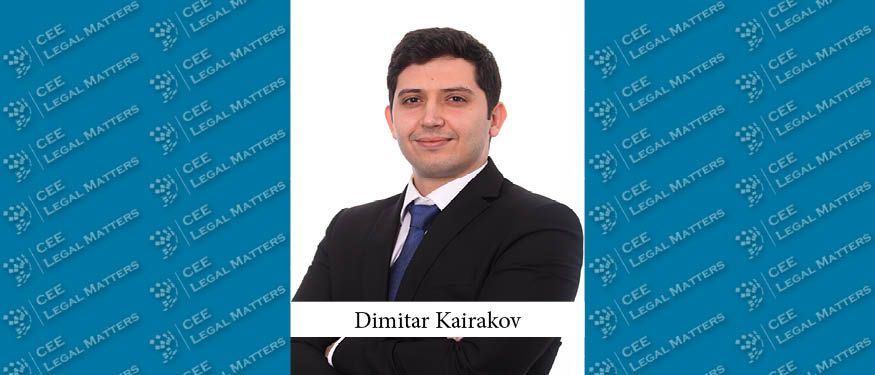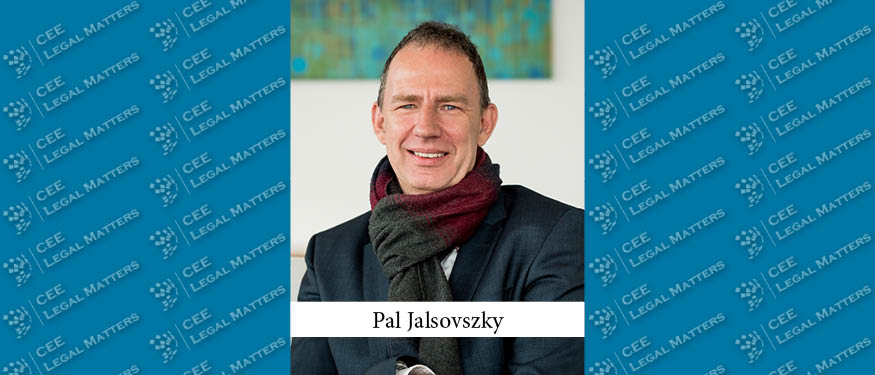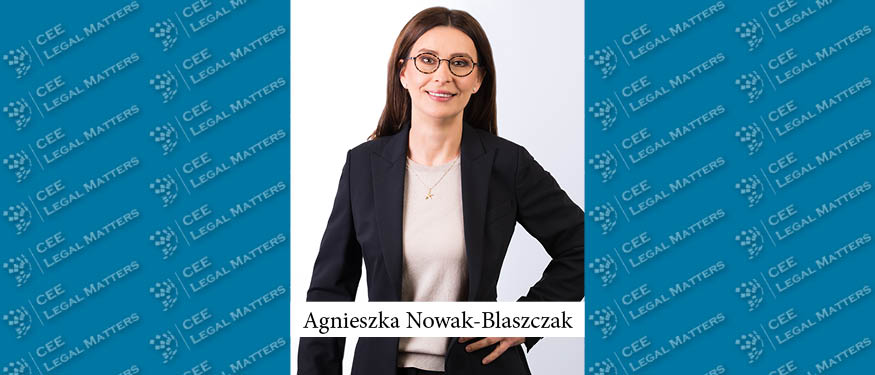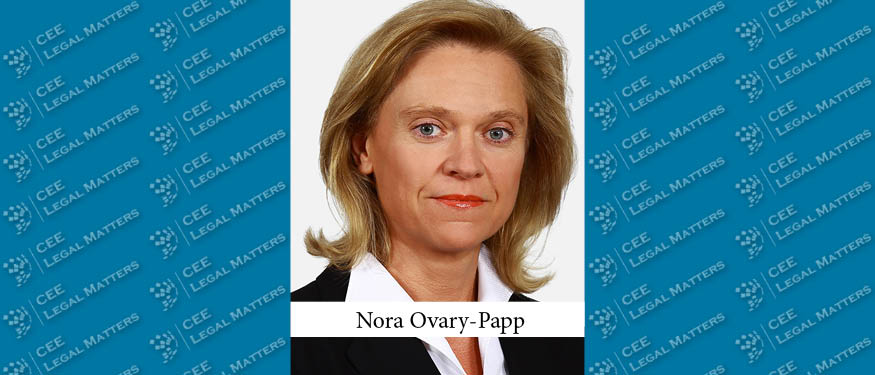In April 2025, the Hungarian Parliament adopted significant amendments to the Act on Energy Efficiency, bringing about a major revision of the Energy Efficiency Obligation Scheme (EEOS). The new legislative package introduces a range of substantial changes aimed at accelerating the country’s transition toward a more sustainable and energy-efficient building stock while also providing a much-needed stimulus for the domestic construction and renovation sectors.
Processing of Special Categories of Personal Data in the Pharmaceutical Industry: Analysis of the CJEU Ruling
The Court of Justice of the European Union (“CJEU”) has recently issued a significant judgment in the case “Lindenapotheke” (C-21/23), taking a clear stance on the processing of special categories of personal data, namely health data, in the context of online medicine sales within the pharmaceutical industry. The ruling sheds light on how the General Data Protection Regulation (“GDPR”) applies to the data that users provide when ordering pharmacy-only medicinal products online, even those not subject to prescription, and provides clear guidance on the rights and obligations of data controllers.
German Federal Court of Justice Permits Forcible Use of Fingerprint To Unlock Smartphone
In a recent landmark decision, the German Federal Court of Justice (BGH) addressed whether law enforcement authorities were entitled to unlock a suspect's smartphone by forcibly using their fingerprint. The BGH accepted this conduct under the specific circumstances and explicitly ruled out a violation of the prohibition against self-incrimination.
No Tolerance for On-Site Inspection Obstruction – TCA Slaps Record EUR 33 Million Fine on BIM
The integrity of on-site inspections remains a cornerstone of effective competition law enforcement. The Turkish Competition Authority (TCA)’s decision to impose a record-breaking fine on BIM Birlesik Magazalar A.S. (BIM), one of Turkiye’s largest retail chains, has drawn considerable attention from international businesses and the legal community.
Bulgaria’s Renewables Market Catches Second Wind
Bulgaria’s renewable energy sector has seen significant growth in recent years. In 2024, almost 1 gigawatt of new renewable energy capacity was connected to the grid, predominantly from solar energy. Notably, no new wind farms have been commissioned since 2012, primarily due to administrative barriers and local opposition. However, investor interest remains high, especially in the southern and northwestern regions. Projects like the 238-megawatt Tenevo hybrid solar plant in Yambol, which plans to integrate a solar park, wind turbines, and energy storage, exemplify this trend.
Practicalities of Data Incidents Involving EU Data Subjects and Non-EU Companies
The contemporary European market witnesses a large number of highly operational business models that target European consumers and are, simultaneously, managed outside the European Union. There are businesses whose central administration or decision-making hubs are not established in any EU member state. Some of them neither control nor process data of their consumers within the EU. At the same time, some of these businesses are also subject to strict and enforceable international regulations in addition to the applicable EU legislation.
Bulgaria: An Attractive Destination for Technology-Driven Businesses and Investors
Bulgaria’s Technology, Media, and Telecommunications (TMT) sector is continuing its steady and dynamic growth, reflecting the country’s ongoing digital transformation and its increasing role as a regional technology hub.
Bulgarian M&A Market in 2025 – A Modest H1 with an Eye on Euro Integration
The first half of 2025 in Bulgaria’s corporate and M&A landscape has been characterized by a modest start amidst global economic and political uncertainties. Many export-oriented industries faced a challenging 2024, impacting the financial projections of potential targets. However, the outlook remains largely positive, fueled by major upcoming developments.
A Promising Future for Bulgaria’s Energy Mix
Bulgaria’s energy sector has been undergoing deep and rapid reforms. The combination of the effects of the war in Ukraine and the related sanctions, the European Green Deal and the rapid decrease of investment costs for renewables, the commitments for a coal-free future, and the neighboring discoveries of natural gas in the Black Sea – all combined with the unprecedented support for nuclear energy – is putting Bulgaria on the global investment map.
Guest Editorial: “So Your Hourly Rate Is 500 EUR…”
This is not the sentence commonly heard in law firms across the region at the moment. But that might not be the case for much longer.
Czech Republic: Will the Dismissal Process Be Faster?
A breach of labor obligations by an employee has been discovered in your company, the investigation and assessment have taken several weeks, and since immediate dismissal is risky, you have decided to proceed with dismissal for a serious breach of labor obligations. If this decision is made at the beginning of the month and no one is ready to agree on mutual termination, you won’t get rid of the employee any sooner than a timeframe of almost three months. Furthermore, if there are delays in the delivery of mail by the post office or the employee falls ill, it will take even longer.
Poland: New Obligations for Employers to Protect Employees Against Mobbing
The Polish Ministry of Family, Labor, and Social Policy has prepared an amendment to the Labor Code, which in particular amends the existing provisions on mobbing. The new provisions are expected to enter into force in 2025. The aim of the amendment is to remove ambiguities in the current provisions, simplify procedures for pursuing claims, and increase the responsibility of employers for negative phenomena in the work environment, including mobbing.
Slovenia: Protection of Disabled Employees Against Termination of Employment Contracts
The protection against the termination of employment contracts for disabled workers who still have residual working capacity is guaranteed both by the Employment Relationships Act (ZDR-1) and the Employment Rehabilitation and Employment of Disabled Persons Act (ZZRZI). Despite relatively uniform case law that has developed over the years, two recent rulings from the Higher Labor and Social Court have set new, stricter criteria for assessing the justification of dismissal reasons, which raise numerous dilemmas among employers in practice.
Hungary: Internal Investigations – Why a Robust Internal Policy Is the Best Corporate Safeguard
Internal corporate investigations are no longer occasional procedures but essential elements of organizational integrity and risk management. In Hungary, where labor law, data protection, and criminal law intersect, companies must handle investigations with diligence. While whistleblowing systems are mandatory for certain Hungarian organizations, effectively managing reports remains challenging. Establishing robust internal policies and adhering to data protection standards from the outset are the best safeguards against corporate liability risks, as improperly handled evidence may be inadmissible in legal proceedings. As a result, internal investigations must emphasize transparency, proportionality, and lawful data management, particularly when competition law or criminal law issues arise.
Slovakia: Practical Issues with Electronic Signing of Labor Documents
As digital solutions become more widespread in business operations, the use of electronic signatures for labor-related documents is increasingly common in Slovakia. However, it is crucial for both employers and employees to understand whether such signatures hold legal validity under Slovak labor law. This article examines the key points surrounding the use of electronic signatures in labor documents.
Austria: Key Considerations for Employers During Layoffs
In Austria, workforce restructuring is often necessary for companies facing economic challenges or needing to reorganize. However, the process is heavily regulated, and employers must ensure compliance with legal requirements to avoid complications and potential legal risks. This article outlines the key steps and legal obligations employers must follow when carrying out workforce reductions in Austria, with a particular focus on the importance of detailed planning, timing, and legal compliance.
Romania: The Ever-Growing Legislation on Workplace Harassment
Over the past years, the legislation dealing with workplace harassment has significantly expanded, with new rules and obligations continuously being added, especially for employers. Anti-discrimination laws, equal opportunity frameworks, and harassment prevention policies have all been gradually enforced, shaping an extensive legal landscape meant to protect employees from abusive behaviors.
Latvia: Termination of Employment Relationships for a Labor Union Member – Current Regulation, Planned Amendments, and Case Law
In Latvia, the termination of employment relationships for labor union members is specifically regulated to protect their rights. However, in practice, this regulation creates significant challenges for employers, as labor unions almost always refuse to grant consent for dismissal.

































